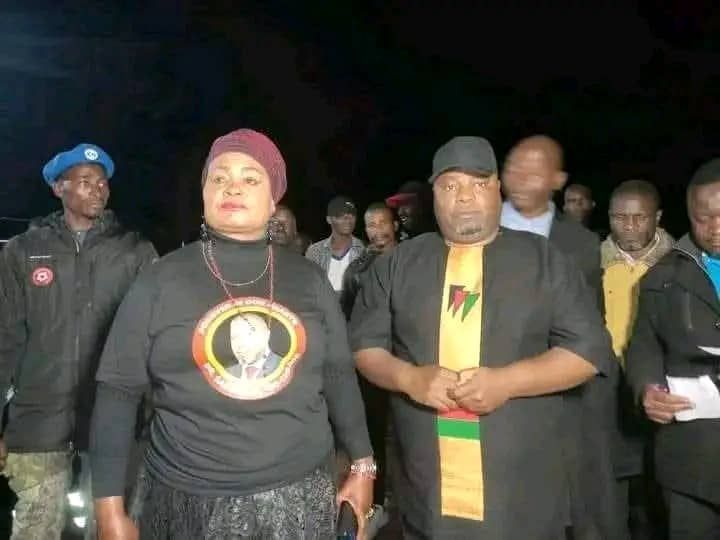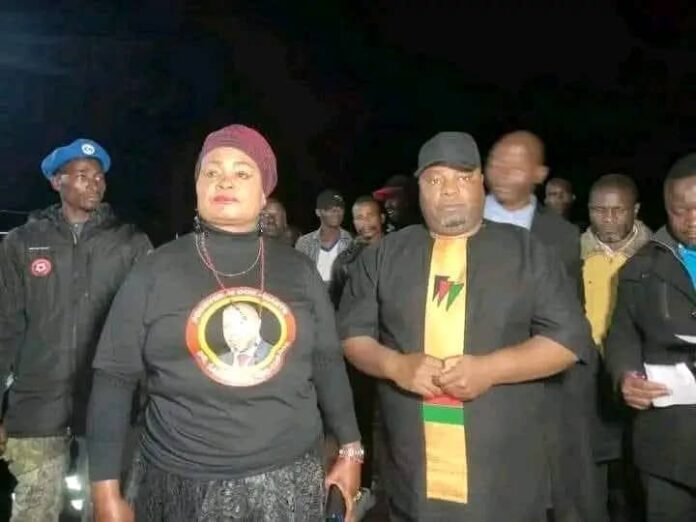By Burnett Munthali
Bashir Al Bashir has expressed heartfelt sentiments that resonate deeply with those who have followed the political journey of Hon. Kondwani Nankhumwa.
In his brief but emotional message, Bashir begins by referring to Nankhumwa as “Achimwene anga,” a Chichewa phrase meaning “my brother,” which signifies a strong sense of closeness, familiarity, and brotherhood.
This salutation sets the tone for the rest of his message, filled with admiration and emotional connection.
He continues by saying, “Mumve kusowedwa,” which directly translates to “you are missed.”

This expression reveals the void left by Nankhumwa’s absence from the public or political space and highlights how his presence once played a significant role in the lives of many.
The phrase “Timakukondani” — “we love you” — underlines not just personal affection but also the collective appreciation of many Malawians for the former leader.
Such a statement speaks volumes about the emotional and political legacy that Nankhumwa may have cultivated during his time in leadership.
Bashir reflects on a specific memory, saying, “Munakhala nafe ku candle light,” which means, “You were with us during the candlelight.”
This image evokes a time of mourning, remembrance, or perhaps even political solidarity, suggesting Nankhumwa’s active involvement in moments of national or community significance.
It implies that Nankhumwa stood by the people when others chose to be absent.
Bashir draws a sharp contrast by adding, “Panthawi pamene mwini mthiko olo imodzi osapedzekako,” loosely translating to, “At a time when not even a single person from the leadership was present.”
This comparison underscores Nankhumwa’s rare dedication and commitment to standing with the people even during the most difficult or symbolic moments.
The statement is a subtle critique of those currently in power or other leaders who may have failed to show up when it mattered most.
It further elevates Nankhumwa’s image as a leader of the people — someone who is not only physically present but emotionally and morally aligned with the struggles and spirit of the common citizen.
Finally, Bashir humbly concludes with, “Ndati ndipereke moni,” which means, “I just wanted to send my greetings.”
This final line, simple and respectful, wraps the message in sincerity, further reinforcing that the entire sentiment comes from a place of genuine affection and concern.
While it may appear to be a short note, Bashir’s message carries significant emotional weight and political undertones.
It reflects the enduring loyalty that Nankhumwa commands among a section of the Malawian public.
It also points to a sense of nostalgia — a yearning for leadership that is visible, emotionally connected, and grounded in solidarity with the people.
As Malawi prepares for its next political chapter, voices like Bashir’s remind the nation of the kind of leadership many still long for.
The message is more than just a greeting; it is a call to remember, to reflect, and perhaps to reignite the connection between the people and those who once stood firmly by their side.



